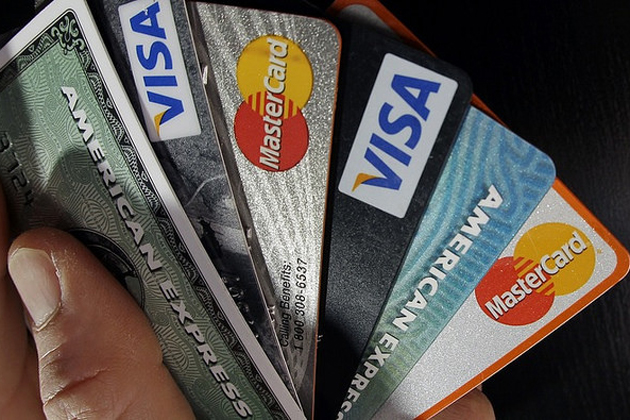
By Greg Halbleib
CHAMPAIGN – A job candidate’s credit is not a valid method of predicting job performance according to a recent study by a University of Illinois economist.
After the rise in the number of employers checking credit of job applicants, Andrew Weaver tracked national data and determined credit has little to do with productivity. Weaver used data from a national survey of individuals who were between 14 and 21 years of age in 1979, tracking information through 2010. Weaver said he found nothing that would indicate poor credit led to poor job performance.
“Employers may have seized on (credit checks) as a way of trying to get an indicator of an employee’s character that’s not immediately available in a resume or first interview,” Weaver said, “but in this case, at least in my data, it doesn’t appear to have a lot of predictive validity.”
Weaver compared employers’ attempt to connect credit and job performance to someone who has defaulted on a loan and wears a red sweater, resulting in higher interest rates for red sweater wearers. He said any connection between credit and job performance is ambiguous.
“On the one hand, it could be conveying some personality trait that’s not good for productivity,” Weaver said. “On the other hand, there are income effects where if you need the income more, you may work harder.”
Weaver said finding a correlation is not the same thing as finding a cause, and that’s why employers should be wary about connecting the type of credit to the quality of the employee.
“Particularly to the extent that employers are looking to (credit checks) as a sign of work-related character, that this is revealing something about the judgment or character of an employee that’s going to have relevance of how they’re going to perform in the workplace,” Weaver added, “and I find it’s not a good predictor of that.”
Greg Halbleib can be reached at [email protected].






